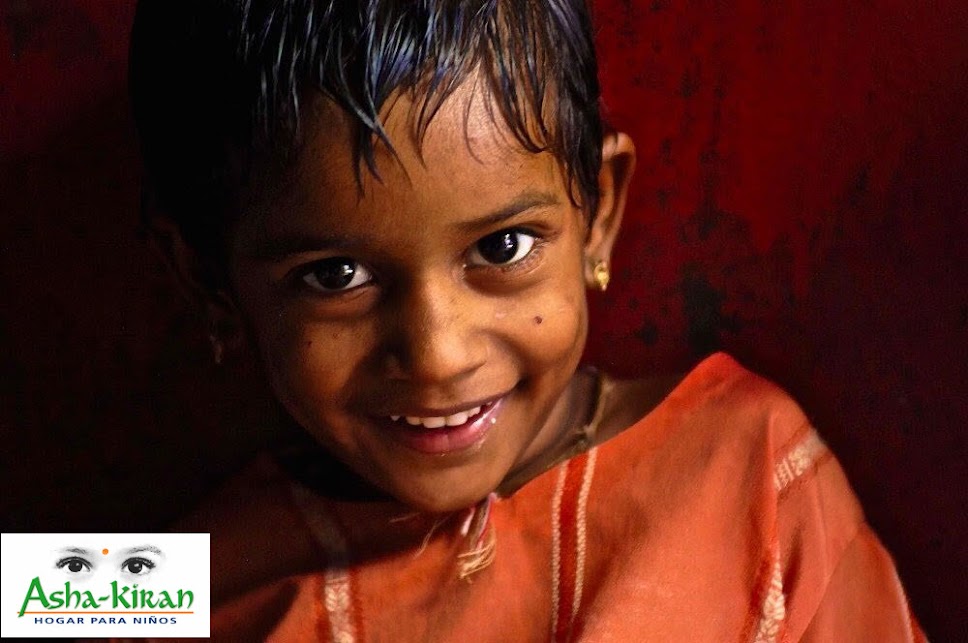The basic and advanced fashion design classes started in May with 33 women from the Community Project. Jan Shikshan Sansthan (an offshoot of the government’s Human Resource Development Department) is working together with Asha-Kiran by providing sewing machines and a professional teacher.
The main idea behind the training is to manufacture cloth pouches and thus create business opportunities for the women. As they undergo the training, they will become more skilled at cutting, stitching, making combinations, making the best use of the fabric, and creating quality pouches.
For marketing purposes we have a group of six volunteers from Symbiosis International University and Brihan Maharashtra College of Commerce (BMCC) who are helping us to set up the supply chain, all the way from finding a source of the raw material, to whom to contact once the product is ready. All the volunteers are very good at managing databases, preparing proposals, setting up meetings with buyers and suppliers, and promoting this business on social networking sites.




